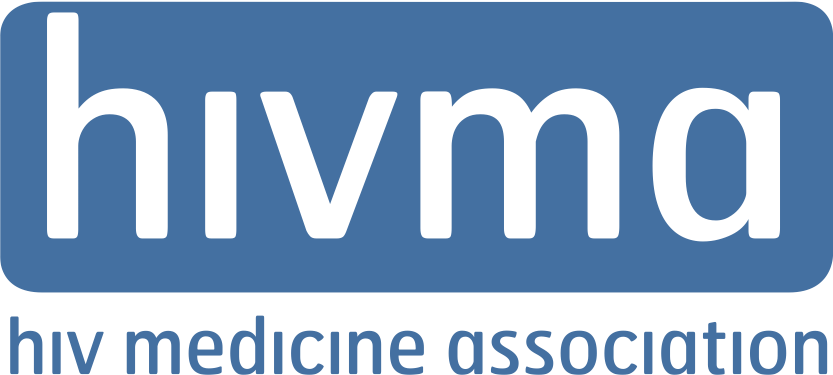Withdrawal from WHO Leaves U.S. More Vulnerable to COVID-19 and Future Pandemics
Statement from IDSA, HIVMA, SHEA, PIDS and SIDP
The administration’s decision to withdraw the United States from the World Health Organization comes at a juncture of the COVID-19 pandemic when more than 12.1 million people have been diagnosed with COVID-19 and more than 550,000 people have died worldwide. Pandemic control remains out of reach in countries across the world, including the United States, which accounts for more than a quarter of all illnesses and 24% of all deaths.
The decision, coming when the World Health Organization has agreed to an independent review of its COVID-19 response, will have impacts beyond its intentions, weakening our ability to control the pandemic at home, and to curtail its threat worldwide.
The technical guidance, expertise and global convening power that WHO provides is critical to control the pandemic in the U.S. and abroad and to protect the U.S. from future outbreaks. As the only organization with the mandate to coordinate the global public health response to COVID-19 and future pandemics, the WHO plays a critical role in convening efforts to develop vaccines, therapeutics and other pandemic countermeasures. Leaving the WHO weakens our ability to access these essential tools, endangers global efforts to combat other infectious diseases and diminishes our standing as a global health leader. Terminating relations with the WHO jeopardizes the vital infectious disease research and public health work of U.S. investigators at 80 WHO Collaborating Centers across 25 states. Twenty-four of those projects are housed at the National Institutes of Health and Centers for Disease Control and Prevention, including the CDC’s WHO Collaborating Center for Surveillance, Epidemiology and Control of Influenza, the WHO Collaborating Center for Emergency Preparedness and Disaster Response and the WHO Collaborating Center for Surveillance of Antimicrobial Resistance. These and other WHO collaborative efforts are central to U.S. health security and fostering the next generation of American public health experts and researchers. Without continued partnership and funding, vital research and services protecting American health will languish.
Leaving the WHO also threatens U.S. investments in efforts to eliminate HIV, tuberculosis, malaria, measles, polio and other infectious diseases. Flagship programs that include the U.S. President’s Emergency Plan for AIDS Relief, the President’s Malaria Initiative and other global health programs at USAID depend on WHO for treatment guidelines and technical guidance for successful program implementation and provision of services that include prevention of mother-to-child transmission of HIV in high-prevalence countries. PEPFAR and WHO often work together in high HIV-prevalence countries in sub-Saharan Africa to enhance programs, strengthen health systems and lab capacity, and improve HIV counseling and testing services. The WHO also works with national governments to develop strong national action plans against leading infectious disease killers and establish national surveillance programs, providing a strong foundation for U.S.-led programs. Severing this relationship threatens the gains we have made in the fight against long-standing pandemics and endangers the lives of millions who depend on these programs.
WHO-led initiatives that include the Global Outbreak Alert and Response Network, the Global Antimicrobial Resistance and Use Surveillance System and the Global Influenza Surveillance and Response System, among others, help ensure American health security. We are currently suffering from the global problem of highly resistant bacterial infections that cause 2.8 million infections and 35,000 deaths in the U.S. annually. Leaving the WHO and failing to pay our financial obligations that help to fund these vital programs leaves us more vulnerable to infectious disease outbreaks while weakening health security across the globe.
In addition, leaving the WHO carries potential ramifications to our ability to develop an effective seasonal influenza vaccine, as the CDC works closely with the international agency to collect and analyze influenza virus samples from around the world to develop a vaccine for the Western Hemisphere. The U.S. has three seats on the Global Advisory Committee on Vaccine Safety that decides the composition of the annual vaccine for next influenza season, and losing these seats means that the U.S. will not have input into the constitution of this critical vaccine. The U.S. Food and Drug Administration also runs one of four WHO regulatory labs that help determine the correct amount of antigen for the development of flu vaccine.
Following a year that saw measles outbreaks in countries around the world contribute to outbreaks in the United States, and in the wake of plummeting rates of vaccination against that disease as well as seasonal influenza and other life-threatening diseases globally over the last six months, this is an exceptionally ill-advised time to address our shared public health threats alone.
During a pandemic of historic proportions we need more global coordination, collaboration and partnership – not less. As infectious diseases experts, we welcome the agency’s willingness to undergo an independent review of its COVID-19 response and openness to a subsequent reform process. We call on Congress to stand in support of WHO and provide full funding in the fiscal year 2021 funding bill and future COVID-19 supplemental bills. We call once again on the administration to reconsider this decision that will have long and far-reaching consequences.


